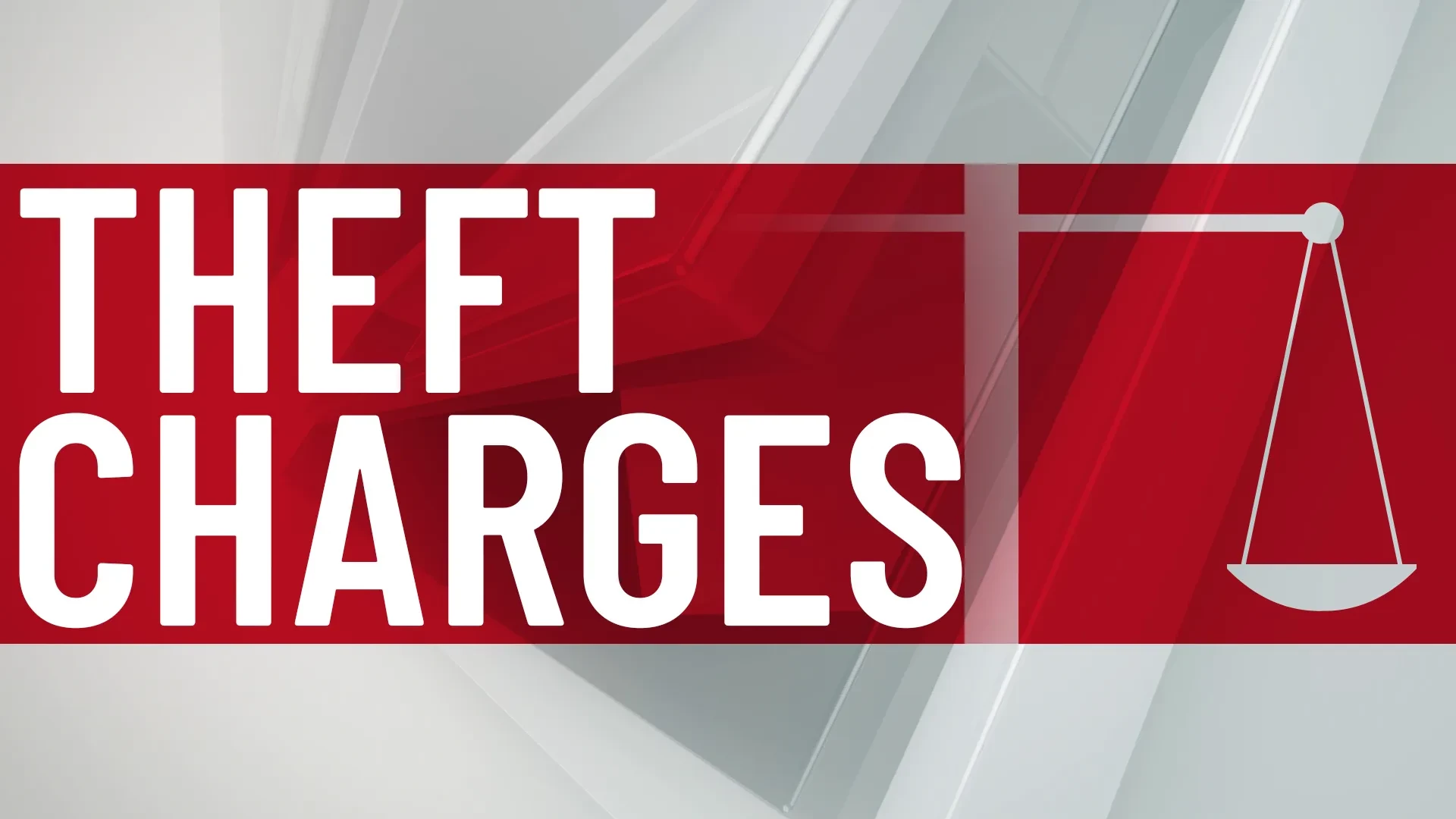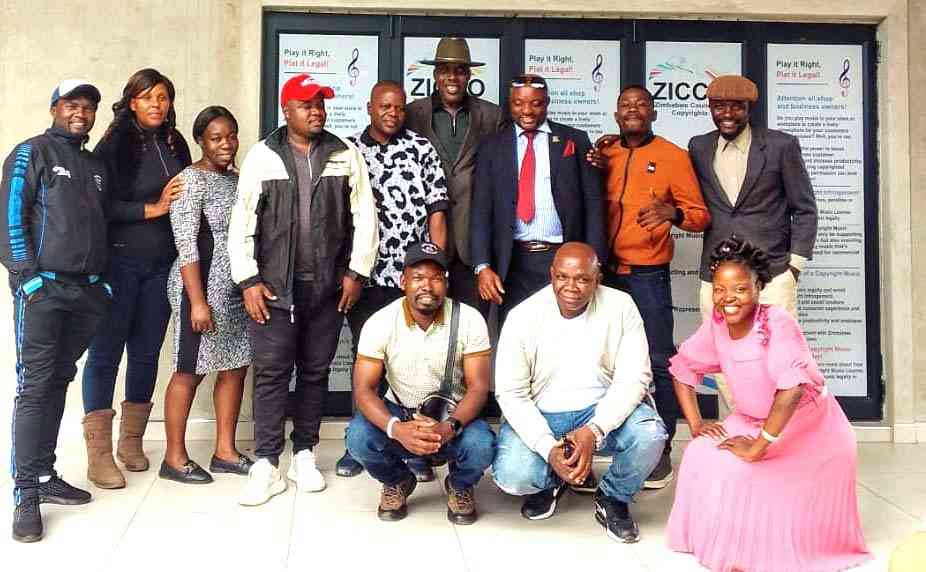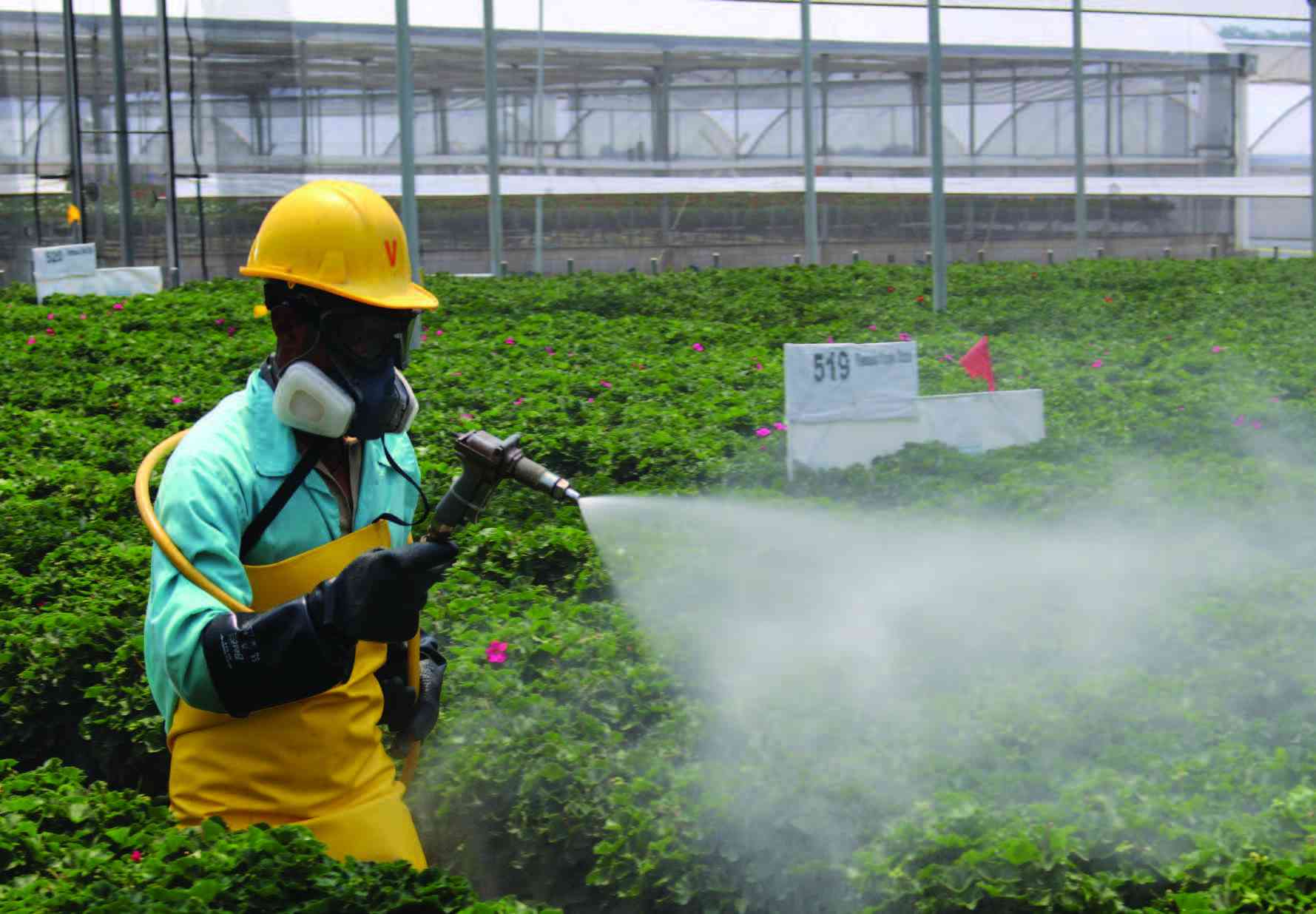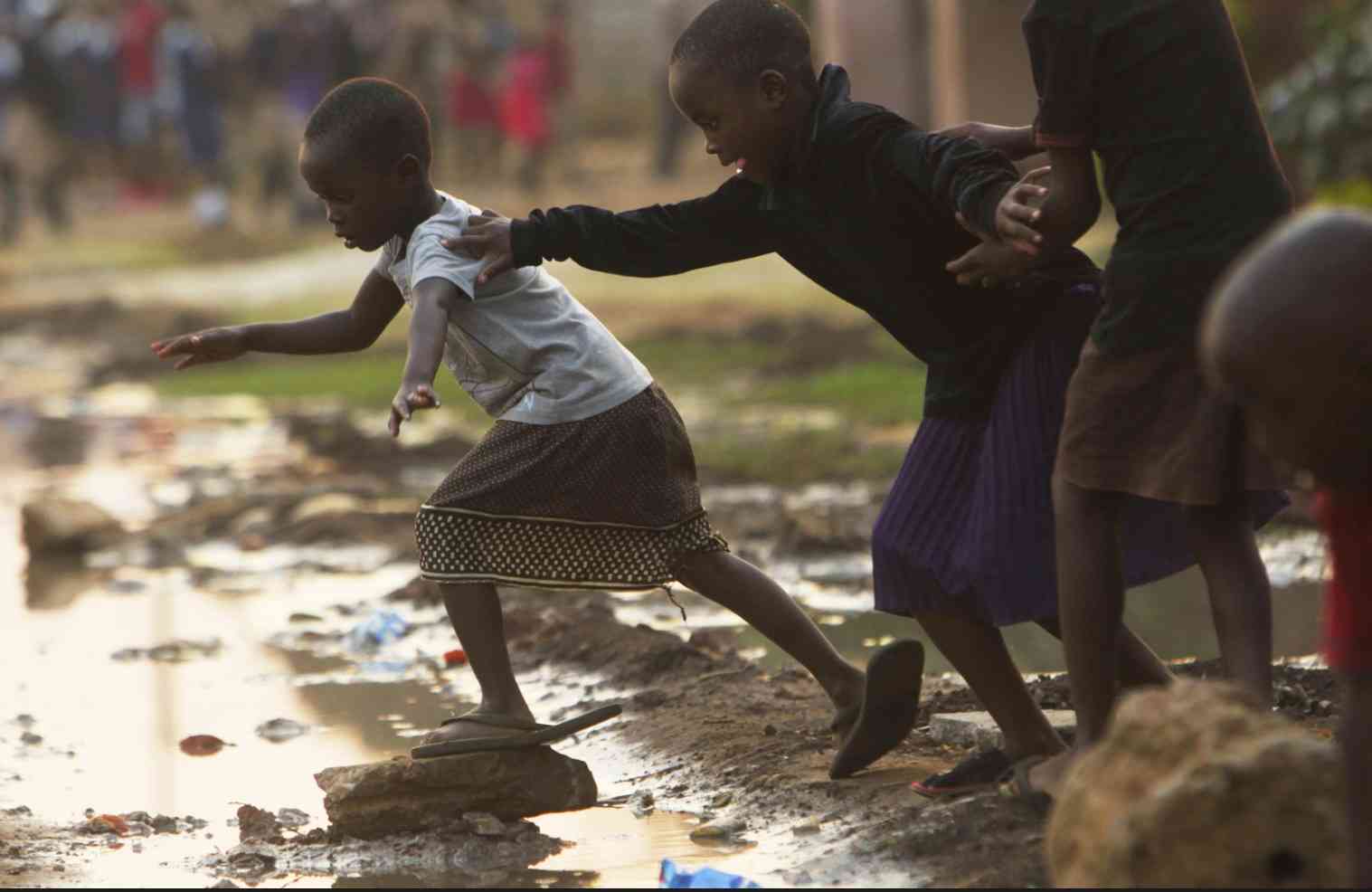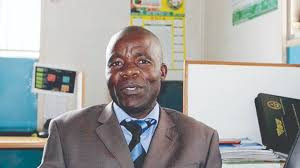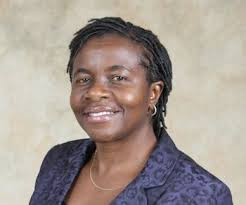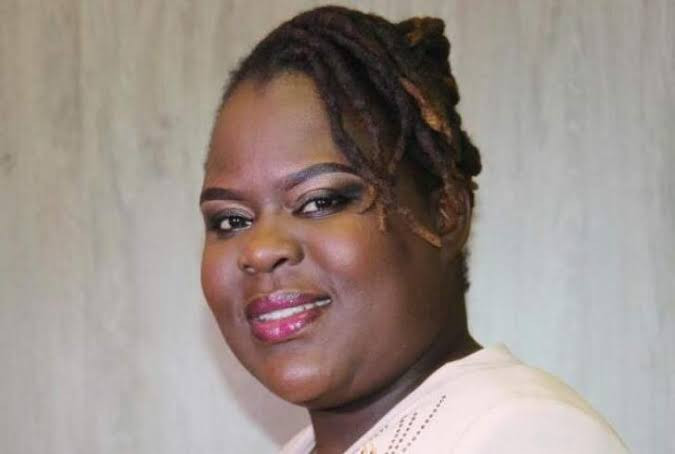
ZIMBABWE has been in tragic political turmoil since 1999. At times we have to introspect and find lasting solutions to the toxicity and polarity which is bedevilling our country.
Zanu PF has been in a death match with the opposition ever since the MDC in 2000 mounted the strongest ever opposition to the party that has ruled the country since independence in 1980. And most recently the ruling party has found new nemesis in the form of the Citizens Coalition for Change (CCC). Unfortunately, caught in the middle are the people of Zimbabwe.
When the elephants fight, the grass suffers, so goes the old adage.
Zimbabwe is facing a slew of problems such as inequality, economic sabotage, corruption, poverty and currency volatility, yet the MDC, CCC and Zanu PF never seem to agree on how to address these issues. Debate in Parliament, for instance, always degenerates into chaos with the ruling party ending up railroading its own ideas on account of being in majority.
I believe this all because of the system: The system that makes every election a deathly battle between a single Zanu PF and the opposition.
I believe the solution does not lie in choosing new people or new parties. The solution is changing the way we elect and are allowed to elect people. Zimbabwe is theoretically a multiparty system, but the reality is that it is a two party system;
- 2000-Zanu PF vs MDC
- 2008-Zanu PF vs MDCT
- 2018-Zanu PF vs MDC Alliance
Most likely, if elections succeed this year we might have Zanu PF vs CCC. This two party system has torn Zimbabwe apart, destroyed our social fabric and destroyed any possibility of national cohesion.
This two party system has evidently failed to unite and transform Zimbabwe; it brings government to a standstill. Zanu PF and MDC/CCC cannot agree on any issue and as such, cannot discuss anything rationally.
- Chamisa party defiant after ban
- Village Rhapsody: How Zimbabwe can improve governance
- News in depth: Partisan police force persecutes opposition, shields Zanu PF rogue elements
- Chamisa chilling death threat bishop defiant
Keep Reading
There are no clear solutions to problems and rather than help each other, parties decide to fight one another.
Zimbabwe is facing a lot of complex and controversial issues right now, yet it seems few solutions are being proffered to get these issues fixed. The divide between the ruling party and opposition is so great that they cannot even stay in one room to solve issues to help the country.
Have you ever wondered why corruption continues to be a menace in Zimbabwe? A two party system promotes corruption. Politics is always linked with corruption no matter where you are in the world. Practices like patronage may be frowned upon, but it is the commonest thing in politics. Even the awarding of government contracts to party insiders is a practice rampant in two-party systems globally. This is one aspect that our electorate have to bear in mind as they cast their vote.
A two party system ignores alternative voices. Two-party systems that want to stay united usually ignore alternative options, especially radical ones. In a multi-party system, debate and diverse views are encouraged because coalitions are formed by stronger and weaker parties in order to achieve dominance. Third parties are often ignored in two-party systems because of the winner-take-all voting mechanism, whereby a losing candidate loses relevance even if they had a significant following.
I am raising these issues so that we have a critical analysis of our electoral system. We need to seriously consider a new electoral system which is inclusive, truly representative, uniting and progressive. The Westminster’s first past the post electoral system we use to elect the President, Members of Parliament (MPs) and councillors does not represent all the voters because it only benefits the outright winner. We need to adopt the proportional representation (PR) electoral system which we currently use to elect Senators to elect MPs and councillors with the President being voted for in Parliament.
The PR system will help unite Zimbabweans, aid diversity in the august House and local authorities.
This is the time to consider a new political trajectory for Zimbabwe, the delimitation report is a mess and should be rejected and redone.
What do you think will happen if the delimitation report is rejected? Food for thought.
- Linda Masarira is a Zimbabwean politician. She is also a human rights defender who is known for her role in advocating for democracy, equality, gender balance, women and girl child rights, inclusion and economic and political freedom for marginalised groups of society. She has formed her own political party known as LEAD.

